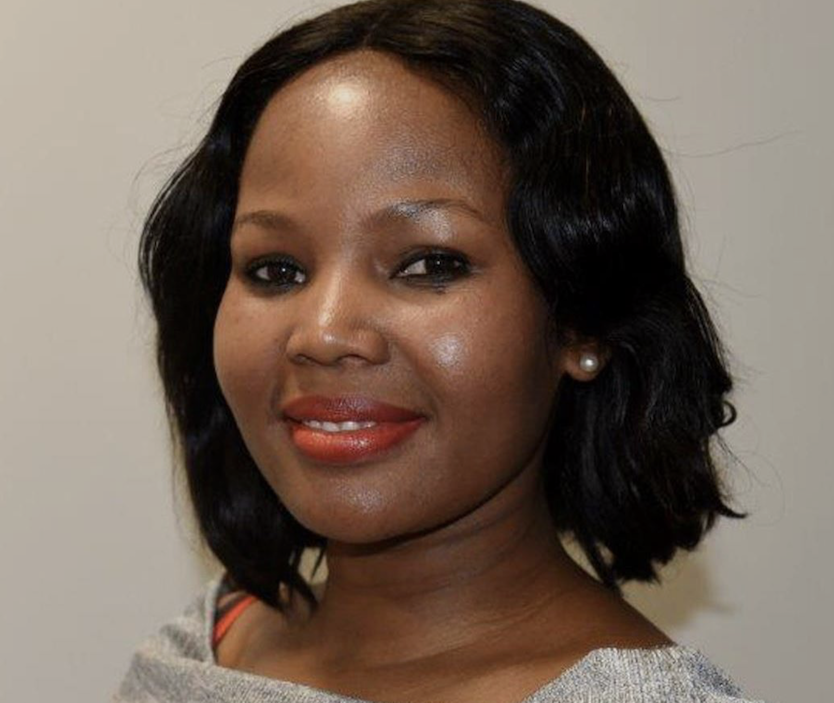Award−winning journalists discuss the challenges facing business media in Africa

Business reporters around the world face similar challenges. Not enough support, not enough recognition for their chosen subject, and not enough time to research and write up their stories. Awards are one way to raise the profile of the vital work of the business media. Now in its 7th year, Continental Reinsurance’s Pan-African Re/Insurance Journalism Awards recognise and celebrate the excellence of journalists who cover the re/insurance sector from across the continent.

Two of the winners from the 2021 awards – Londiwe Buthelezi and Mwape Zulu Kumwenda – discuss the importance of a vibrant media industry in Africa and the need to support the next generation of business journalists.
“Newsrooms are stretched. Resources are scarce. Media houses don’t have time to mentor young journalists properly as they used to before. Some don’t have run internship programmes anymore, or they’ve reduced their intake to a fraction of what it used to be,” says Buthelezi, who’s a financial reporter at Fin24 in South Africa.
War, politics, breaking news, and humanitarian issues often take precedence over financial stories, especially in the more general media outlets. “Business journalists have to work harder to fight for exposure and recognition. But some media organisations that measure the value of business stories are starting to change that. I think we need more usage of analytics to prove that, while certain business news has a niche audience, it is the most enterprising form of journalism,” adds Buthelezi.
Zulu Kumwenda – who works for Zambia’s Prime Television – agrees and says there is little attention and too few resources allocated to business stories. “The major challenge business journalists today face is convincing their editors that their stories are not free adverts. Competition for space in news bulletins is also another major challenge as priority is usually given to political stories.”
“A flourishing media industry has great freedom to make independent decisions. It can also make informed decisions on what content its viewers, listeners or readers need,” she adds.

Buthelezi says it’s vital to support younger journalists: “Every industry needs consistent investment in nurturing young talent to remain alive and sustainable. African journalism needs support from corporates to bring this back. They can sponsor internships, fellowships and workshops. Awards like the Pan-African Re/Insurance Journalism Awards, and the attendance of the CEO conference, are critical for exposing practising journalists deeper into complex topics in the industry.”
Winning a Pan-African Re/Insurance Journalism Award has been hugely beneficial for the careers of both journalists. “The award has helped in inspiring fellow colleagues to write more about insurance. I use my award to encourage and inspire business journalists to write more insurance stories. Spreading the word about insurance is much easier especially that I have an award to point to,” explains Zulu Kumwenda.
“It’s a great accolade to add to one’s profile and CV. Because I’d been writing about insurance for a decade and worked in the industry briefly, I had that level of respect from the industry players. But this award expanded that recognition among media colleagues too,” notes Buthelezi.
Business reporters across Africa can submit entries for next year’s awards until January 31st, 2022. Continental Re will be honouring the winners at an industry event in May, 2022. An Arabic category has also been added to the upcoming edition of the awards.
Lawrence Nazare, Group Managing Director, Continental Reinsurance Plc, comments: “Overall, we have seen exciting improvements in the extent of coverage for the (re)insurance sector in the years since we launched the awards. We look forward to seeing how the journalists have tackled the developing stories in the past year.”
For those African journalists who want to submit their work, the two winners from the 2021 edition offered up the following words. “This year’s entries must focus on the positive impact insurance has had on many companies, families, and entrepreneurs during the Covid-19 pandemic period,” advises Zulu Kumwenda.
“The story of people that left a mark in your heart is probably your winning story. We tend to do a much better job, ask all the right questions, and fill in the gaps when a story is close to our hearts,” concludes Buthelezi.
Do you want to be recognised for your role in reporting on insurance? Submit your entry here.





